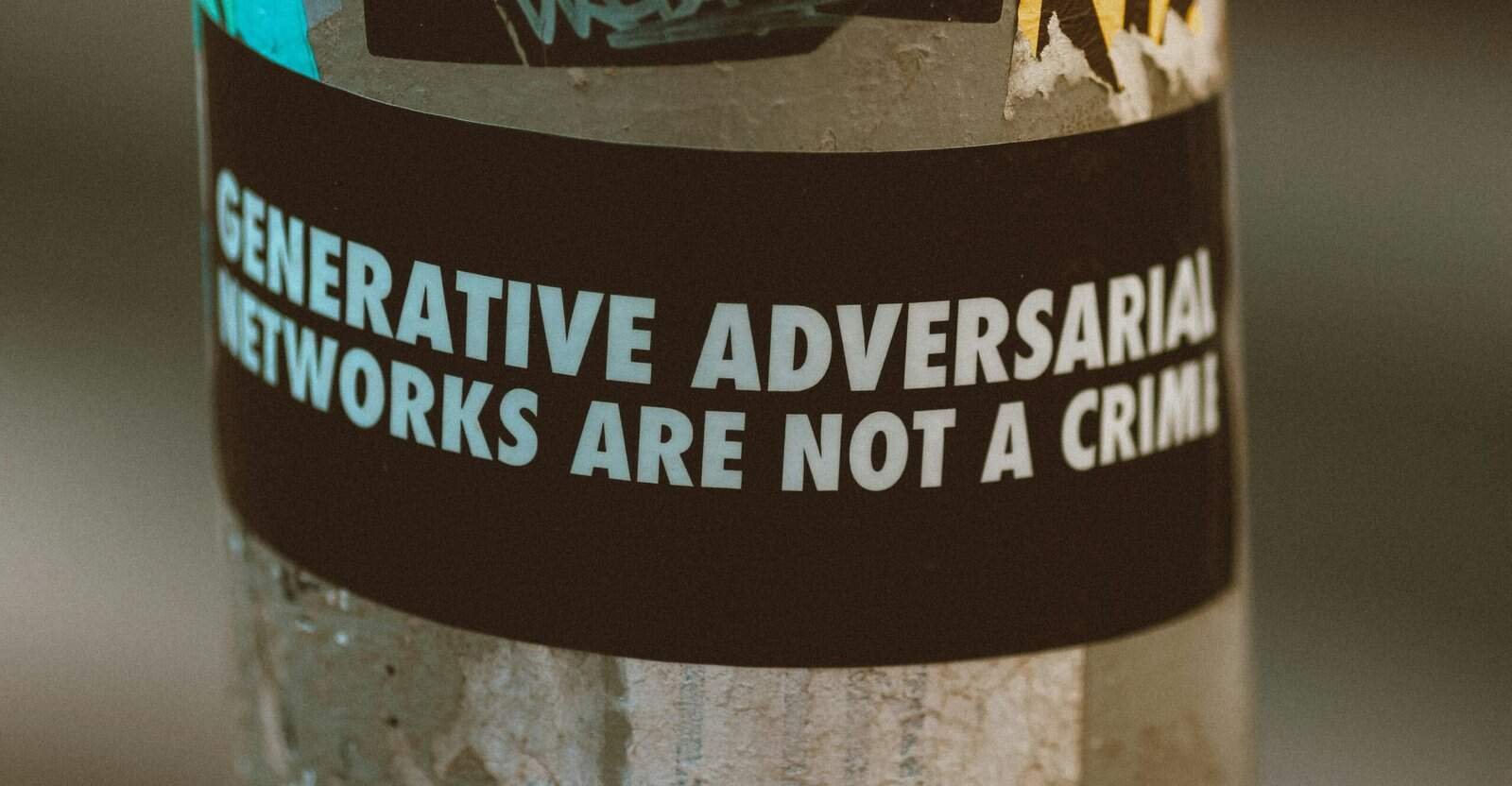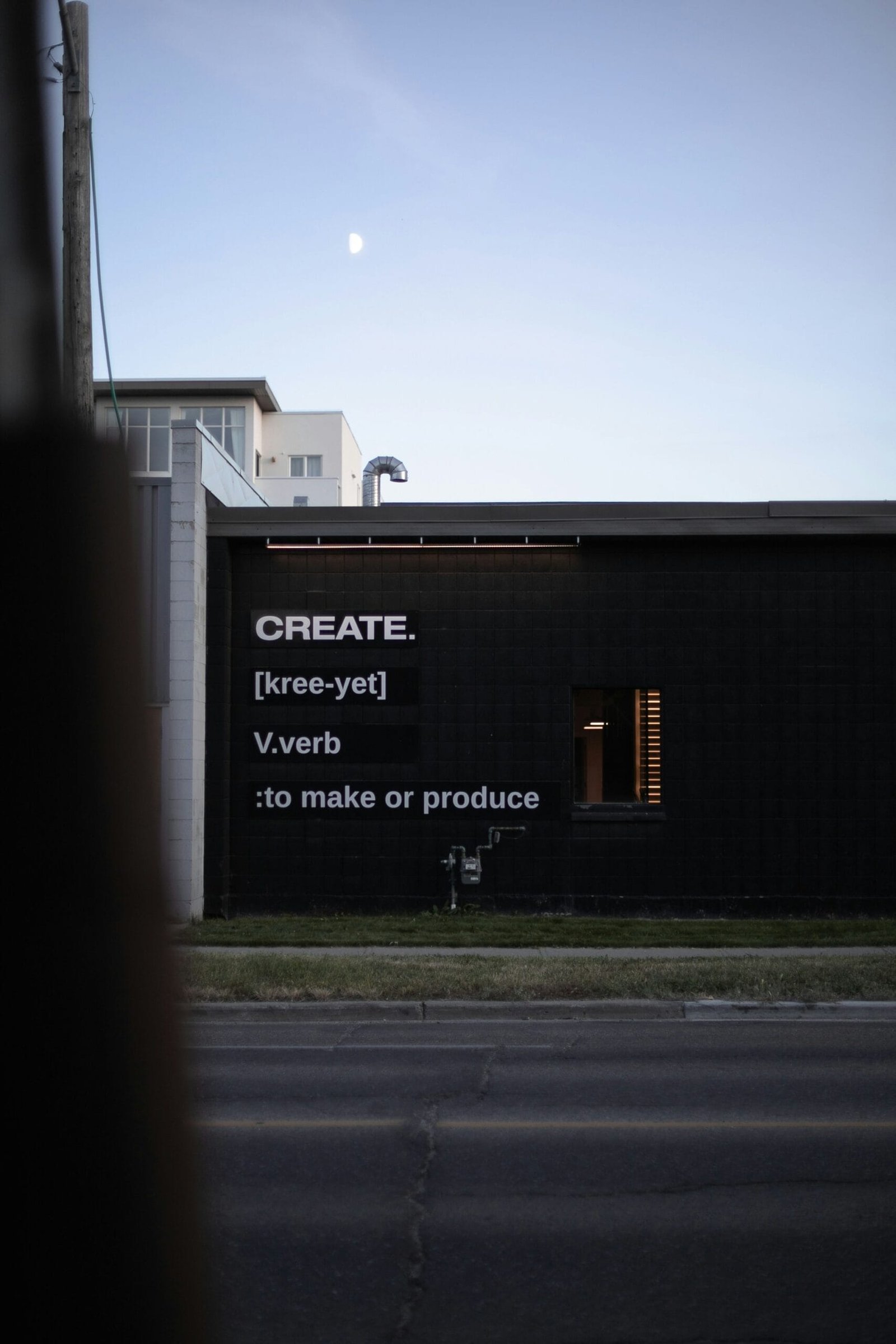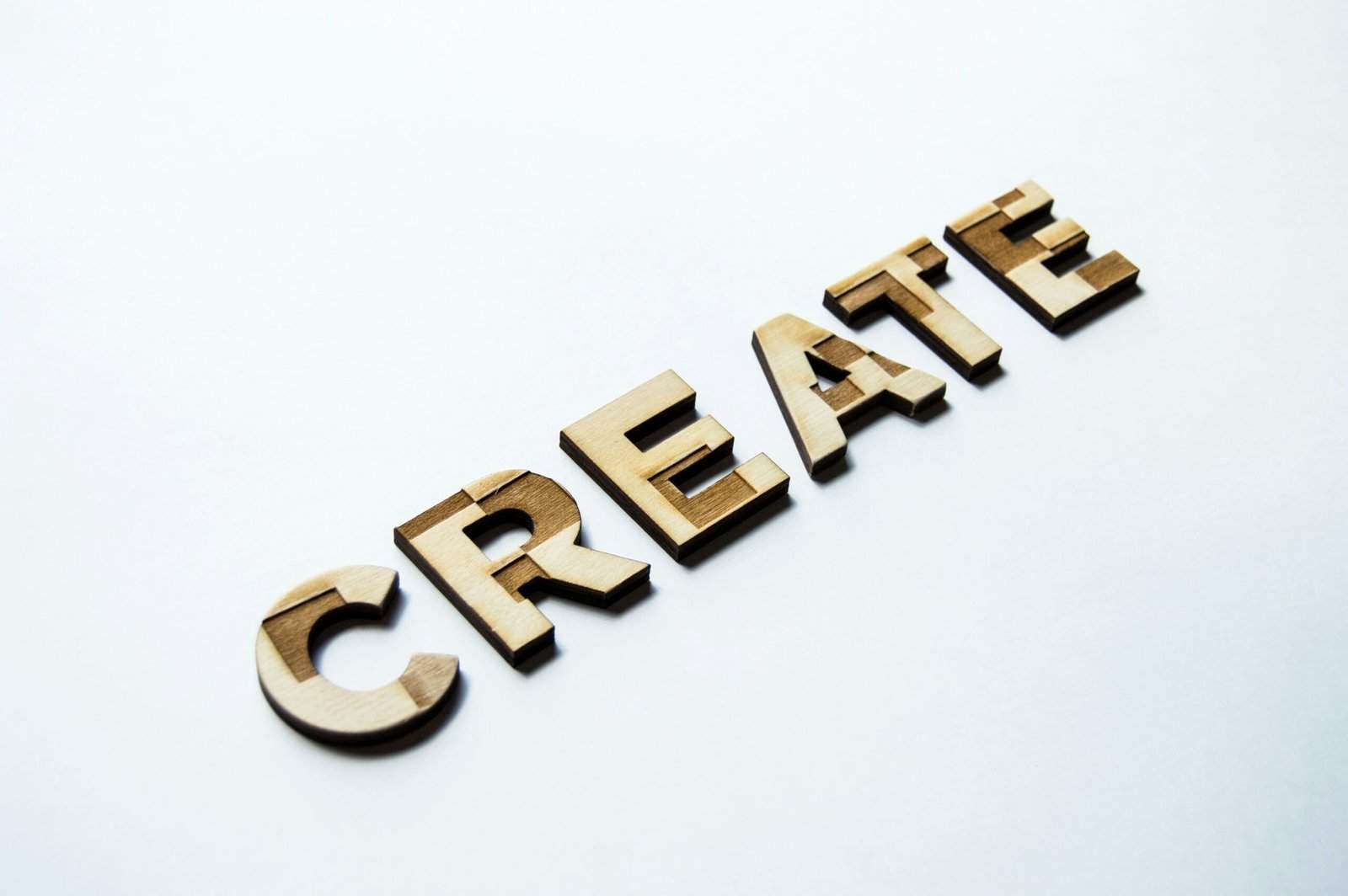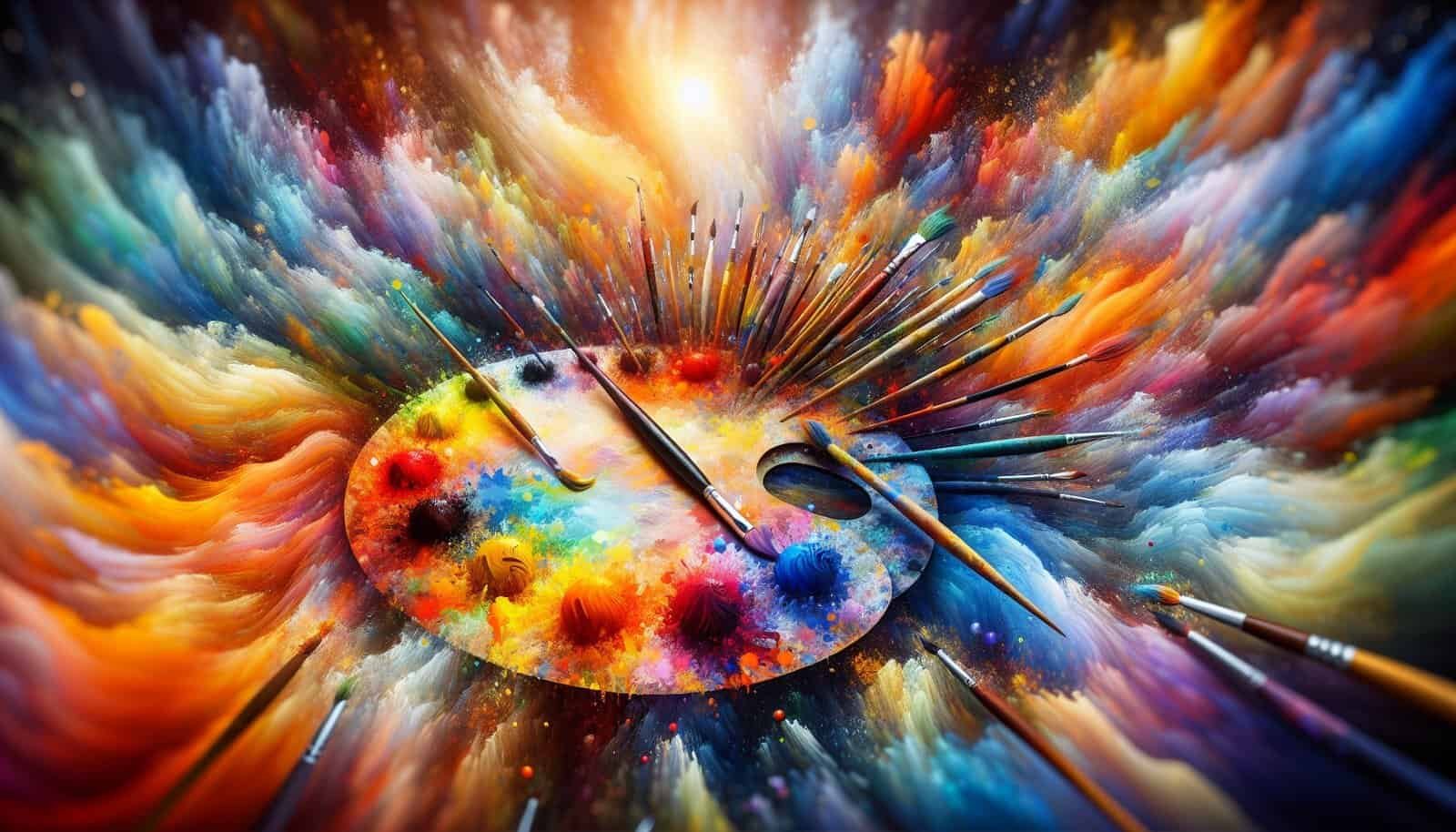Have you ever found yourself sitting at your desk, staring at your project, and wondering how to inject a bit more creativity into your work? You’re not alone. Often, the daily grind can diminish your creative spark, leaving you feeling like you’re running on autopilot. Fortunately, bringing more creativity into your work is entirely possible with the right strategies. This journey not only makes work more enjoyable but also propels you toward continuing education and growth. Let’s explore how you can nurture your creative side and why it’s an integral part of personal and professional development.
Understanding Creativity in the Workplace
Creativity is more than just a buzzword; it’s an essential skill in today’s rapidly changing work environment. When businesses face complex problems, creativity often leads the charge in crafting innovative solutions. But what exactly is creativity, and why does it matter in your work?
What is Creativity?
Creativity is the ability to produce new and original ideas and concepts. It’s about seeing connections where others might not and finding fresh, unique ways to solve problems or meet challenges. Creativity is not limited to the arts; it applies to any field where innovation is needed.
Why is Creativity Important in Your Work?
Creativity can lead to breakthroughs and improvements in efficiency, productivity, and effectiveness. When you nurture your creativity, you bring the potential for innovation to your team or organization. It allows you to think outside the box, creating a competitive edge in your field. Additionally, it makes your work more fulfilling and engaging.
Creating a Creative Work Environment
Your environment has a significant impact on your ability to be creative. A supportive and inspiring workplace can foster creativity, while a stifling environment can hinder your potential.
Designing Your Physical Workspace
Though it might seem trivial, the physical workspace plays a vital role in your creative output. Consider incorporating the following elements to boost your creativity:
- Colors: Select colors that inspire creativity, such as blue for calm and focus or yellow for energy and joy.
- Lighting: Ensure adequate lighting. Natural light is preferable as it boosts mood and concentration.
- Furniture: Choose comfortable, ergonomic furniture that supports long periods of creative work.
- Decor: Include items that inspire you, such as artwork, inspirational quotes, or plants.
Cultivating a Positive Work Atmosphere
A positive workplace culture encourages creativity. Open communication, mutual respect, and collaboration can help cultivate an environment where new ideas can flourish. Encourage team brainstorming sessions and be open to everyone’s ideas.

Unlocking Your Creative Potential
Unleashing your creative potential involves understanding your unique process and leveraging it to your advantage.
Discovering Your Creative Peak
Identify when you’re most creative during the day. Are you an early bird or a night owl? Knowing your peak creative times can help you plan tasks that require high levels of innovation.
Practices to Enhance Creative Thinking
- Mind Mapping: This technique involves laying out your ideas visually, allowing you to see connections and follow paths of thought you might not have considered otherwise.
- Brainstorming: Regularly schedule brainstorming sessions, either alone or with colleagues, where no idea is off-limits.
- Journaling: Maintain a journal to capture spontaneous thoughts and ideas, which can serve as inspiration or solutions later.
Developing New Creative Skills
Continuing education and growth are vital for maintaining and enhancing your creative capacities. By learning new skills, you keep your brain stimulated and your creativity sharp.
Learning New Tools and Technologies
In today’s digital world, numerous tools can boost your creativity. From design software to project management tools, learning how to use these effectively can greatly enhance your ability to create.
Taking Workshops and Courses
Consider taking workshops or online courses that challenge you to think differently. Whether it’s a class on a new topic or a seminar on a familiar subject, expanding your knowledge base is crucial for creativity.
Seeking Feedback and Mentorship
Regular feedback from peers or mentors can provide new perspectives and insights. Constructive criticism helps refine your creative endeavors and encourages new ways of thinking.

Balancing Routine with Creative Freedom
While routine can provide structure, too much can stifle creativity. Striking a balance between routine and creative freedom is key.
Setting Boundaries, Not Rigid Rules
Create a framework for your work without making it too confining. Flexibility in your schedule can give you space to explore different ideas without the pressure of strict deadlines.
Allowing for Spontaneity
Be open to spontaneous ideas and allow yourself to deviate from your plan occasionally. Sometimes, the best ideas arise from unexpected moments.
Collaborating for Creativity
Collaboration can significantly enhance your creative output. Working with others can introduce you to new ideas and ways of thinking.
Building a Creative Network
Surround yourself with a diverse network of creative individuals. This could be within your workplace or through professional networks online or in your community.
Embracing Diverse Perspectives
Encourage diversity in thought and experience in your team. People from different backgrounds can offer unique insights that can transform your project.

Maintaining a Growth Mindset
A growth mindset is essential for fostering creativity. By believing in the ability to develop your talents through hard work and dedication, you open doors for continuous learning and improvement.
Cultivating Resilience
Challenges and failures are inevitable on your creative journey. Cultivate resilience by viewing these as opportunities to learn and grow rather than setbacks.
Celebrating Small Wins
Recognize and celebrate your successes, no matter how small they may seem. This boosts your confidence and motivation to continue being creative.
Measuring Creativity
Understanding how creative you or your team are can guide future improvements and initiatives.
Setting Creative Goals
Set clear goals that align with your personal and professional aspirations. These goals should be specific, measurable, attainable, relevant, and time-bound (SMART).
Evaluating Outcomes
Regularly evaluate your creative progress. Use feedback and results to adjust your strategies and approach.

Conclusion
Infusing more creativity into your work is a continuous journey. It’s about understanding yourself, your environment, and leveraging new opportunities for growth and innovation. As you nurture your creative potential, you’ll find not only enhanced job satisfaction but also a path of continuing education and growth that benefits you personally and professionally. So, take that next step, bring creativity into your everyday tasks, and watch how it transforms your work life.
